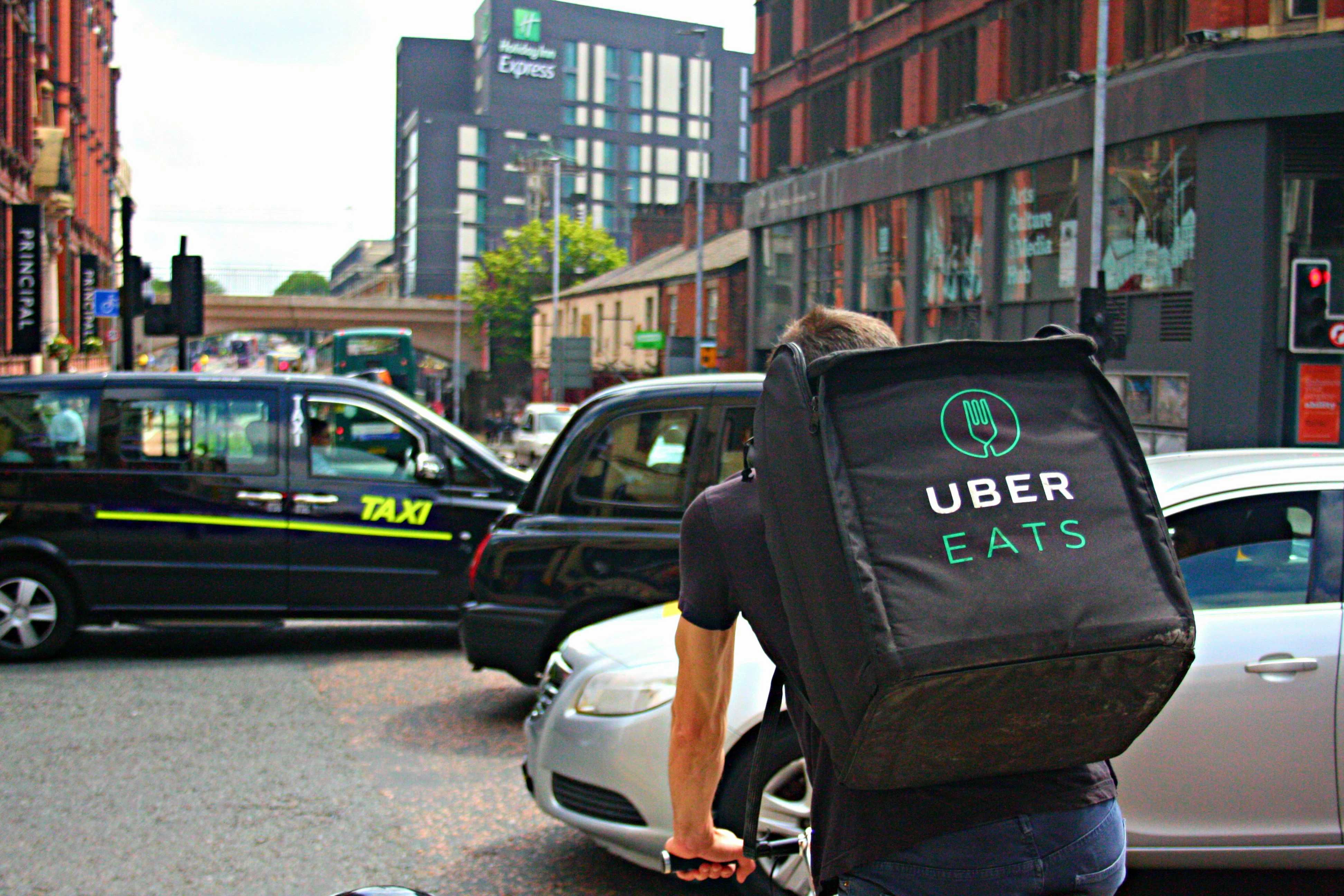
New legislation marks ‘biggest upgrade’ to worker rights in a generation
People on zero-hour contracts, agency employees and ‘gig economy’ workers could have more rights under a new package of workplace reforms.
Legislation being introduced today (December 17) will mean staff have to be told details of their rights, including eligibility for paid and sick leave, from day one in a job.
They will also have the right to formally ask for more predictable hours, the Government said.
But Labour and unions argue that the reforms are not enough. The legislation follows a review into modern working practices headed up by Matthew Taylor, once an aide to former Prime Minister Tony Blair and now chief exec of the Royal Society of Arts.
Ministers say the reforms will close a loophole allowing agency staff to be paid less than their permanent counterparts, and force businesses to provide a ‘statement of rights’ on the first day of a individual’s employment that sets out the paid leave to which they are entitled.
They say it will also raise the maximum fine for employers found to have demonstrated ‘malice, spite or gross oversight’ from £5k to £20k, and make sure companies calculate holiday pay based on 52 weeks rather than 12 weeks to ensure people in seasonal or atypical jobs get the right amount of paid time off.
Commenting on the reforms, Business Secretary Greg Clark said: “Today’s largest upgrade in workers’ rights in over a generation is a key part of building a labour market that continues to reward people for hard work, that celebrates good employers and is boosting productivity and earning potential across the UK.”
But Trades Union Congress general secretary Frances O’Grady commented in a BBC report: “The right to request guaranteed working hours is no right all. Zero-hours contract workers will have no more leverage than Oliver Twist.
“Unless unions get the right to organise and bargain for workers in places like Uber and Amazon, too many working people will continue to be treated like disposable labour.”
Confederation of British Industry chief UK policy director Matthew Fell said: “[Firms] welcome a new law giving all workers the right to request more predictable working hours, which will help to facilitate the conversations that are essential to ensuring flexibility benefits both parties.”
But he warned that legislation amending employment status rules runs the risk of making the law potentially less able to adapt to new forms of work in the future.
The Government agrees with the findings of the Taylor review – that banning zero-hour contracts completely would be likely to harm more people than it would help.
It also believes that platform-based working, of the kind offered by ride-sharing giant Uber or food delivery firm Deliveroo, provides “genuine” flexibility both for workers and businesses.
Looking to promote your product/service to SME businesses in your region? Find out how Bdaily can help →
Enjoy the read? Get Bdaily delivered.
Sign up to receive our popular morning National email for free.








 Raising the bar to boost North East growth
Raising the bar to boost North East growth
 Navigating the messy middle of business growth
Navigating the messy middle of business growth
 We must make it easier to hire young people
We must make it easier to hire young people
 Why community-based care is key to NHS' future
Why community-based care is key to NHS' future
 Culture, confidence and creativity in the North East
Culture, confidence and creativity in the North East
 Putting in the groundwork to boost skills
Putting in the groundwork to boost skills
 £100,000 milestone drives forward STEM work
£100,000 milestone drives forward STEM work
 Restoring confidence for the economic road ahead
Restoring confidence for the economic road ahead
 Ready to scale? Buy-and-build offers opportunity
Ready to scale? Buy-and-build offers opportunity
 When will our regional economy grow?
When will our regional economy grow?
 Creating a thriving North East construction sector
Creating a thriving North East construction sector
 Why investors are still backing the North East
Why investors are still backing the North East